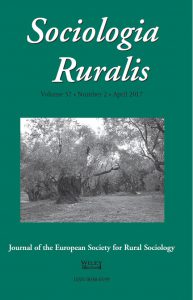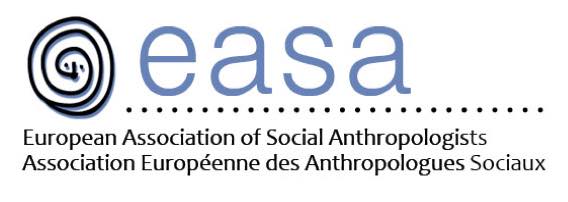George Ritzer Guest Post – Consuming America: What Have We Done to Ourselves?
By: George Ritzer Distinguished University Professor, University of Maryland (Note: The Following comments were prepared for a symposium sponsored by the Center on Religion and Culture, September 15, 2009.) Let me begin by quarreling with the title of this discussion. I think it is certainly a good idea to focus on consumption because: (1) of its enormous importance in the developed world; (2) it is not going away even with the current recession; and (3) it reflects a willingness to...





